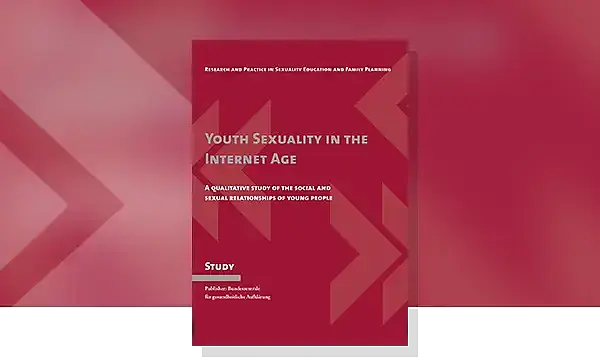The new media are a firm component of the everyday life of young people and young adults. They use them as a communication platform, as a source of information and also as a place to get advice. Sexual media contents such as images, chats and fi lms are available online, making them quite easily accessible. However, the extent to which this really infl uences the sexual socialization of young women and men has been the subject of very little empirical research.
The representative survey on youth sexuality by the Bundeszentrale für gesundheitliche Aufklärung (BZgA) has been delivering firm quantitative data about the attitudes and behaviours of young people and young adults in the matter of sexuality education, sexuality and contraception. However, there are insuffi cient data about how this group currently organizes their sexuality and relationships, their values and ideals, and the role the internet and the new media play. In light of this, the BZgA commissioned the research project ‘Sexual and Social Relationships of Young People and Young Adults’. The qualitative interview study was conducted from July 2009 to December 2011. 160 young women and men between the ages of 16 and 19 from Hamburg and Leipzig and attending a Gymnasium (high school) or Berufsschule (vocational training college) at this time were surveyed. As part of the study, an investigation was carried out into how young people and young adults currently live in a relationship or as single people. One central question was always the infl uence of the internet and what young women and men do there, as well as in chat rooms and on social networking sites. A further aspect of the study focused on how the free access to internet pornography is coped with.


